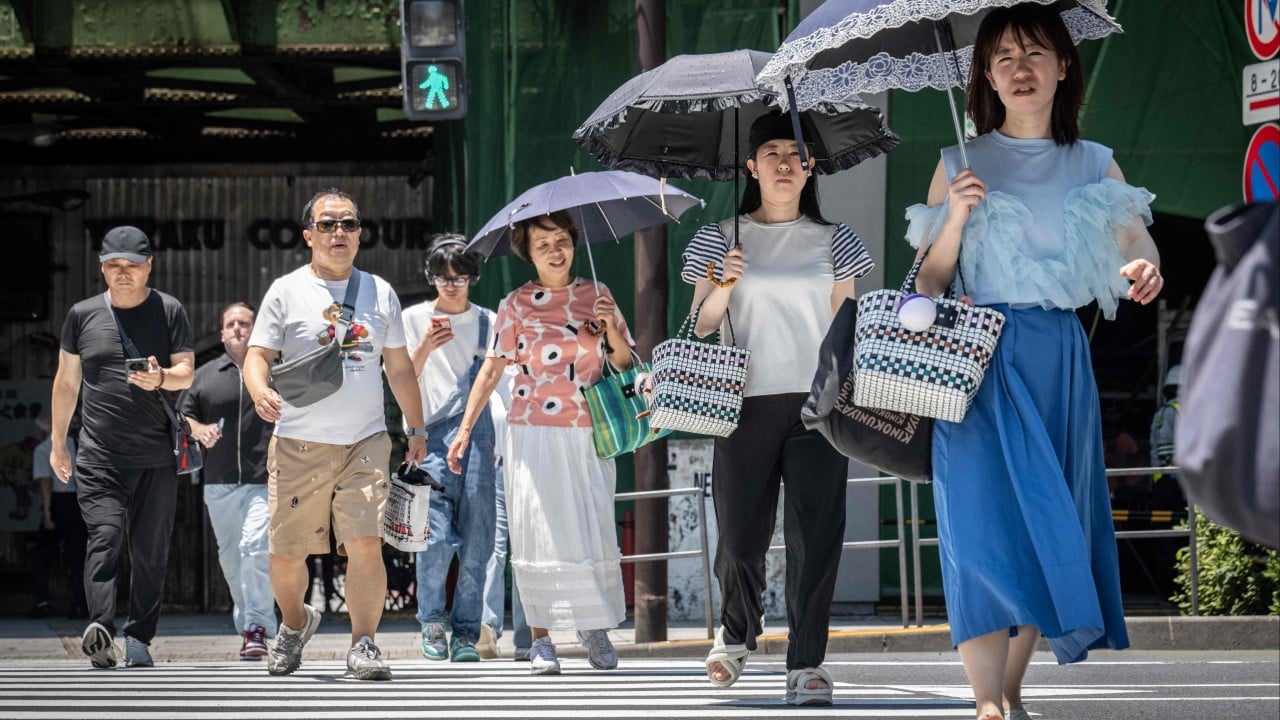Infectious disease experts have urged Hongkongers travelling to Japan to maintain good personal hygiene and proper wound care, after the country logged a record-high number of cases of a potentially deadly disease caused by “flesh-eating” bacteria.
But one specialist added that there was no need for excessive worry or to avoid travelling to Japan despite the spike in the number of the bacterial infections.
Japan’s National Institute of Infectious Diseases said on Tuesday that there had been 977 cases of streptococcal toxic shock syndrome so far this year.
The figure surpassed the 941 cases recorded in the whole of 2023, which was the highest number of cases reported in a year since records began.
An infection of the “flesh-eating” bacteria Streptococcus pyogenes, or Group A streptococcus, can lead to mild and common illnesses such as sore throat and skin infection such as impetigo.
On rare occasions, the bacteria can cause more severe and even life-threatening diseases. In cases of streptococcal toxic shock syndrome, serious symptoms can develop in a short time characterised by low blood pressure, faster than normal heart rate, rapid breathing and signs suggesting organ failure.
Dr Wilson Lam, vice-president of the Hong Kong Society for Infectious Diseases, said on Friday that the bacteria were common, although he noted that a new strain, M1UK, which originated in Britain and gradually circulated to Asia including Japan, was more pathogenic.
But he said residents did not need to be too concerned at the moment.
“Although the number of cases has risen, it is still a small number compared with the entire population,” he added. “It doesn’t mean that if you go to Japan now, you will definitely be infected with related bacteria.
“This is not the case, and people don’t need to worry too much.”
But Lam appealed to Hongkongers to maintain a high standard of personal hygiene while in Japan, including washing hands and wearing masks in crowded places, as well as taking proper care of wounds to better protect themselves from infection.
He added that vaccines against upper respiratory tract infections such as influenza and Covid-19 could also help to prevent viral illnesses and reduce the risk of diseases caused by the infection of streptococcus pyogenes.
Infectious diseases expert Dr Joseph Tsang Kay-yan said on Friday that high-risk groups included chronically ill patients such as people with diabetes, and especially those who had long-term skin illnesses such as athlete’s foot and psoriasis.
“They may get small cuts without realising it and that will increase the chances of infection,” Tsang told a radio programme, adding that summer was the peak reproduction season for bacteria and reminded the public to be careful.
Tsang said the severity of infections in Japan was possibly linked to the influx of foreign visitors, drawn to the country because of the weak Japanese yen, which increased the risks at crowded tourist attractions, particularly when people did not wear masks.

He said treatment would usually be antibiotics with penicillin, with light early symptoms including running a temperature, sore throat and rashes, but it could quickly deteriorate to sore and swelling limbs.
Blisters and purplish, white, or dark spots could appear if the condition continued to worsen and the patient would be constantly tired, Tsang added.
Tsang backed Lam’s advice on personal hygiene, mask use in crowded places and the need to wash hands often.
He added people with cuts and wounds should tend to them properly, avoid seawater and public baths, and seek medical help if they spotted any abnormalities.
Hong Kong’s Centre for Health Protection said the elderly and young children, as well as people with chronic illnesses such as diabetes or people with compromised immune systems, may be at higher risk of infection.


